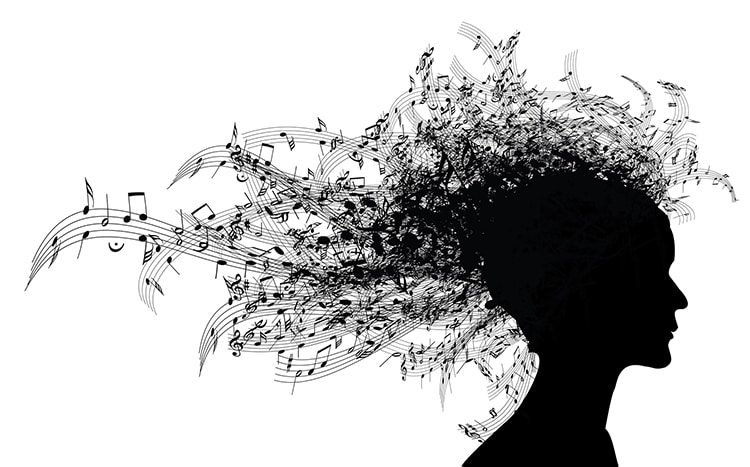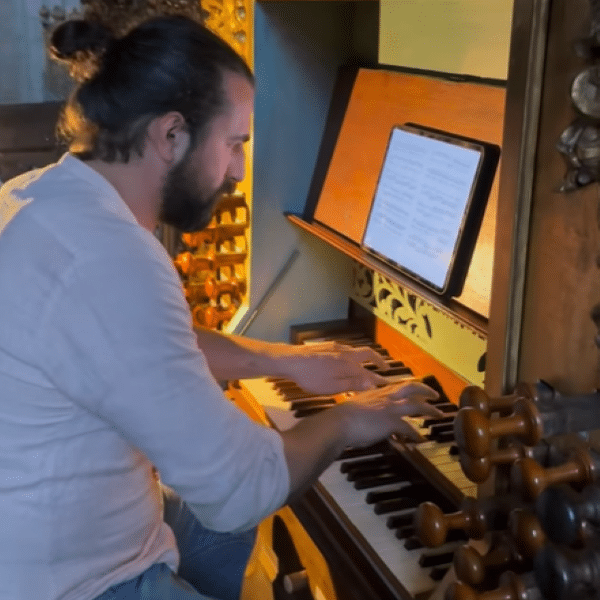
Photo: ORSON/Depositphotos
Music is a powerful medicine for the soul—and as recent research suggests, the brain. Particularly as one ages, keeping an active, varied mental world alive is critical to preserving cognitive abilities and can help stave off decline. A study out of the UK, recently published in the International Journal of Geriatric Psychiatry, found that playing music (rather than just listening to it) helped older adults without a dementia diagnosis stay sharp across a variety of mental skills. The research is a new argument for encouraging broad, accessible music programs as a public health initiative.
The researchers drew data from 1,100 people aged 40 and above. The average age was 68. “Because we have such sensitive brain tests for this study, we are able to look at individual aspects of the brain function, such as short-term memory, long-term memory, and problem-solving and how engaging music effects that,” lead author Anne Corbett told the BBC. The effects of playing an instrument, singing, reading sheet music, and listening to music played by others were studied. Those who played instruments showed the greatest gains from the activity, especially for piano and for those who played in old age. This may be due to the “multiple cognitive demands” required to coordinate hand, mouth, eyes, and brain while playing. Singing too was beneficial, perhaps due to its social nature which is itself protective.
On reading music, Corbett declared, “Our brain is a muscle like anything else and it needs to be exercised, and learning to read music is a bit like learning a new language, it's challenging.” She opined the value of musical education, which even later in life is likely worth picking up, despite the fact music alone cannot stave off dementia. “The message is around how people can proactively reduce their risk of cognitive decline or dementia, and really thinking about engaging with music as a way of doing that. This study does suggest that it could be part of a much wider lifestyle approach to improving brain health as you age.”
Research suggests that music—not listening but actively playing it—can help keep your brain healthy, leading to better outcomes as the brain ages.

Photo: ARTURVERKHOVETSKIY/Depositphotos
h/t: [BBC, Science Alert]
Related Articles:
Woman With Early-Onset Dementia Embroiders What Her Brain Looks Like to Her
Spectacular Visualizations of Brain Scans Enhanced with 1,750 Pieces of Gold Leaf
If Music Sends Shivers Down Your Spine, You Have a Special Brain
Powerful Self-Portraits Reveal Artist’s Descent Into Alzheimer’s Disease






















































































